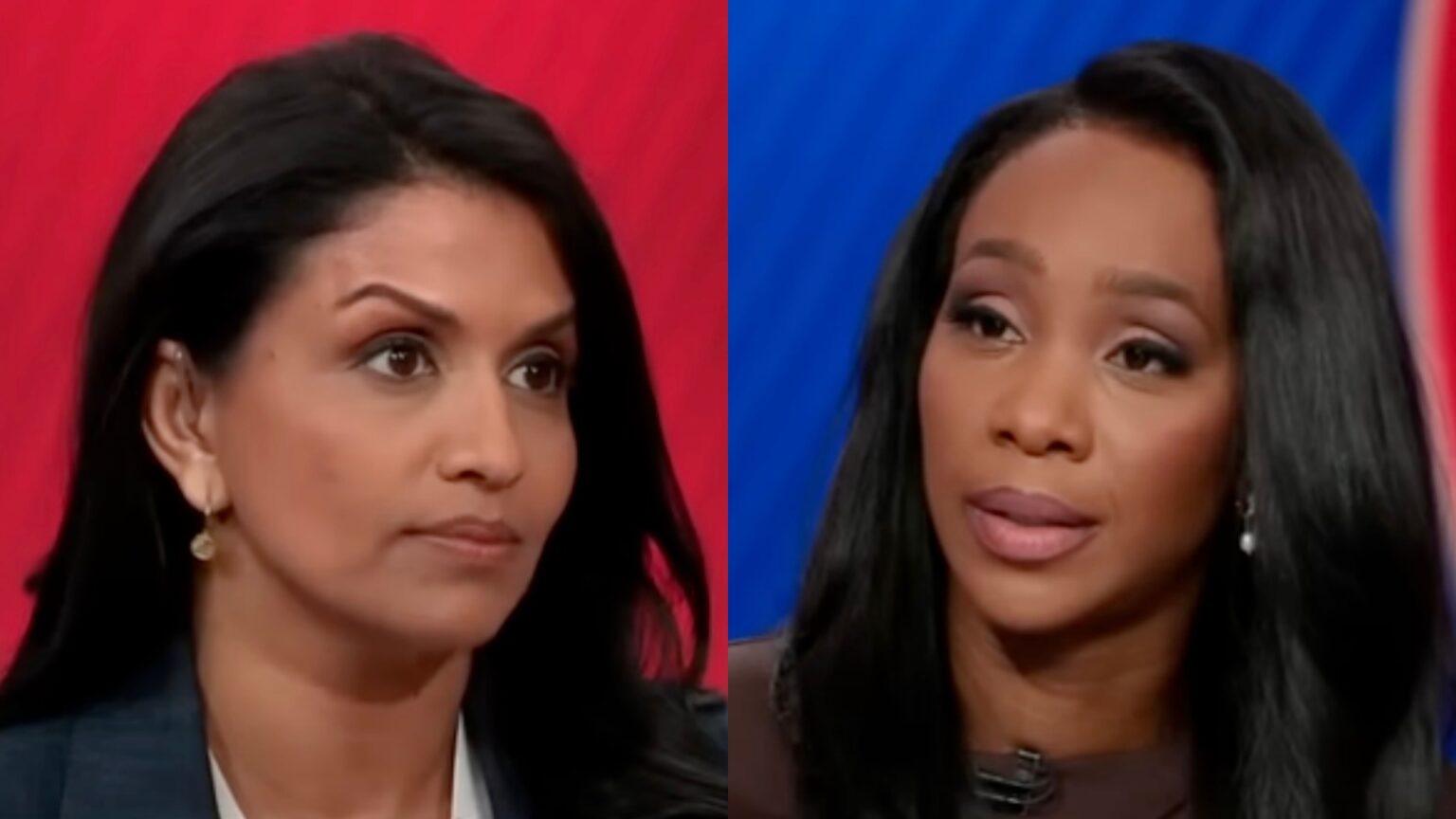In a recent CNN appearance, foreign affairs analyst Reena Ninan revealed an alarming trend regarding the voting preferences of Arab-Americans, specifically their apparent lack of support for Democratic presidential nominee Kamala Harris. During her segment, she candidly stated that none of her acquaintances within the Arab-American community expressed any desire to support Harris, and many would rather abstain from voting or even back Donald Trump. Ninan’s insights were derived from her connections in the Arab-American business sector, where she was surprised to find that sentiments against Harris were so prevalent. This revelation not only caught the attention of CNN host Abby Phillip but also highlighted a deeper dissatisfaction among Arab-Americans with the Democratic Party’s current stance.
Ninan noted that, while polling data indicates Arab-American support for Trump and Harris is nearly equal, her informal discussions reflected a stark lack of enthusiasm for Harris. Her comments emphasized that the sentiments she encountered were not based on extensive polling but rather her firsthand observations within her social circle. “I cannot find one Arab American within my social circle in business or personally who have said that they will vote for Kamala Harris,” she stated, underscoring her surprise at the intensity of opposition toward a prominent Democratic figure. This revelation suggests that, despite the party’s efforts to engage with minority communities, they may be alienating potential supporters.
A noteworthy point raised by Ninan was the influence of Tiffany Trump’s father-in-law, Massad Boulos, a successful Lebanese businessman, in bridging the gap between Trump’s campaign and the Arab-American community. She explained that Boulos has been instrumental in communicating why some Arab-Americans view Trump more favorably, even in light of controversial policies like the Muslim ban. This reflects an intriguing dynamic, where a prominent figure within the community is actively promoting Trump’s candidacy, indicating a possible shift in political alliances. Ninan conveyed that this sentiment stems from a perceived lack of political influence within the Democratic Party, with many Arab-Americans feeling their only significant power lies in their votes.
The level of discontent with the Democratic Party is further illustrated by the reactions from Arab-American political figures. For example, Hamtramck Mayor Amer Ghalib, who identifies as an Arab-American Democrat, has publicly endorsed Donald Trump, demonstrating a notable divergence from party loyalty. Additionally, the Arab American News, a publication that has traditionally supported Democratic candidates, announced it would not endorse Kamala Harris. This disapproval underscores a growing trend of disengagement from the Democratic Party among Arab-American voters, which has implications for future elections.
This sentiment is not isolated but is indicative of a broader trend observed among some Muslim voters in Michigan. A recent MSNBC interview highlighted a group of Muslim voters who adamantly stated that there is nothing Harris could do to win their support. Remarks from these voters suggest a steadfast unwillingness to back a candidate whom they perceive as not aligning with their values or interests. This resistance points to a critical need for the Democratic Party to reassess its engagement strategies and policies toward the Arab-American and broader Muslim communities to avoid further alienation.
In response to the discontent, activist groups in Michigan, such as Drive for 75, have mobilized efforts to dissuade Muslim voters from supporting Harris. Their campaign includes outreach initiatives, such as hosting voter promotion sermons and engaging in door-to-door canvassing across the state, demonstrating a concerted effort to raise awareness about the importance of their votes. This grassroots activism signals a profound level of dissatisfaction with the current Democratic establishment and highlights the potential repercussions for the party in forthcoming elections if such trends persist. The increasing cooperation between Muslims and left-wing activists marks a significant intersectional moment in political mobilization, one that could reshape electoral dynamics in favor of non-Trump aligned candidates if the grievances of these communities are adequately addressed.

